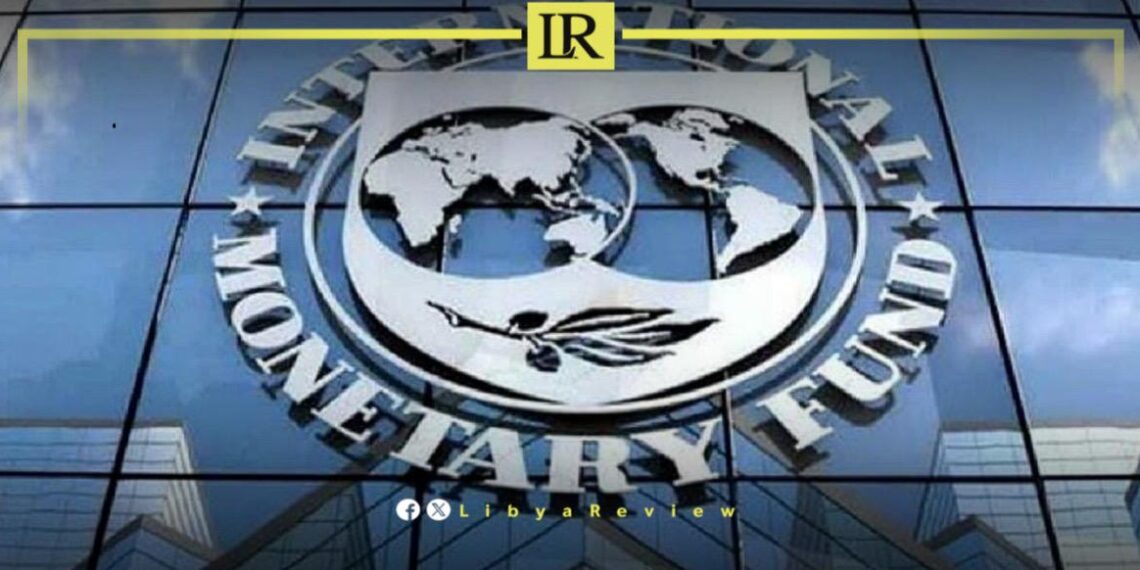Libya’s economy is expected to record GDP growth in 2025, supported by higher oil prices early in the year, according to an International Monetary Fund (IMF) mission. However, the Fund warned that the gap between the official and parallel exchange rates of the dinar continues to widen, despite comfortable international reserves and relatively low inflation.
The IMF team held meetings with officials from the Central Bank of Libya (CBL) in Tunis between 10 and 14 November to review recent economic developments, macroeconomic prospects, and reform priorities identified by Libyan authorities. In its statement, the mission noted that falling oil prices in recent months and rising public spending will compound fiscal and current account deficits over the medium term.
According to the Fund, political divisions continue to prevent the adoption of a unified national budget, resulting in persistent off-budget expenditure. Libya recorded extremely high levels of unregulated spending in 2024, contributing to dual deficits and intensifying pressure on the CBL’s reserves. These dynamics, combined with fragmented governance, have widened the exchange rate spread between the official and parallel markets.
The IMF mission stressed that Libya’s outlook remains clouded by uncertainty, with risks skewed to the downside. Continued uncontrolled expenditure and political fragmentation pose the most immediate threats. The country’s heavy reliance on oil revenue also underscores the urgent need for sustained investment in the energy sector and long-term diversification strategies.
A unified budget, supported by comprehensive expenditure reforms, was described as essential to restoring internal and external balance. The launch of the centralised instant wage-payment platform was welcomed as a major step toward improving transparency and reducing corruption. The Fund urged authorities to adopt it as the primary mechanism for salary payments and extend reforms to other spending categories.
The mission also highlighted the importance of multi-year investment plans aligned with fiscal capacity, along with long-delayed subsidy reforms, which should be treated as a political priority.
The IMF praised CBL measures to ease liquidity pressures—including foreign currency injections, counterfeit cash withdrawal, new exchange bureau licences, and higher reserve requirements. New Sharia-compliant investment certificates were also seen as useful tools for absorbing excess liquidity.
The statement concluded by welcoming Libya’s move to join the IMF Central Bank Transparency Code and reaffirmed the Fund’s commitment to supporting Libyan institutions ahead of next year’s Article IV consultations.


